Brno Museum Night
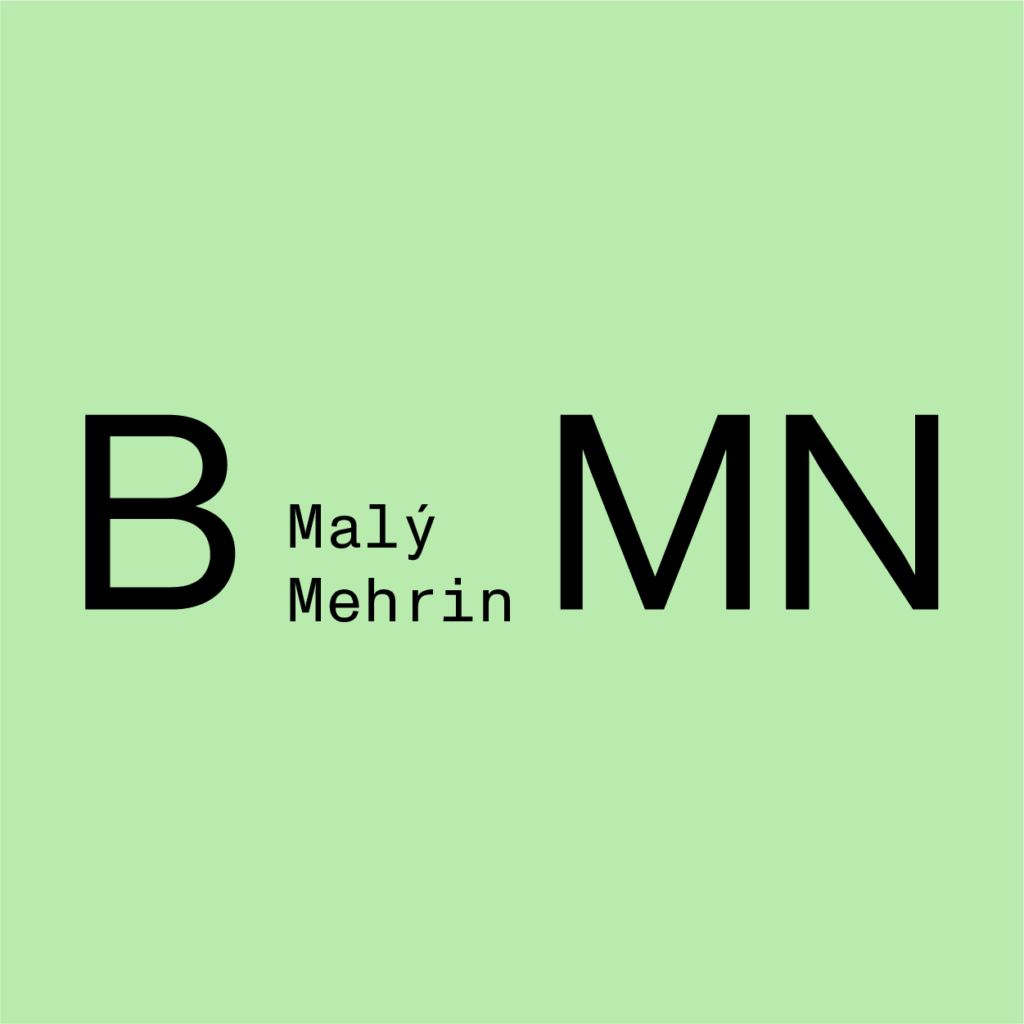
Brno Museum Night Saturday 18 May from 6 pm to midnight We have joined a number of organisations and institutions that are offering their open doors to all those who are curious. Come and visit for free our somewhat unusual museum space, which has just opened a new exhibition of objects in 3D resolution! Holograms of ritual objects from Mikulov's Chevra Kadisha burial fraternity, a Purim mask in 3D found in the genizah of the Holešov synagogue, the opportunity to fold a Torah shield on your own on an interactive touch screen and to light candles at Shabbat dinner... this is just part of what you can see here. You will learn about the winning exhibition design for the future MEHRIN Museum or the current exhibition On the Places Where Moravian Torah Scrolls Were Once at Home; 1942-1964-2019.
Jewish cemeteries and burial rituals
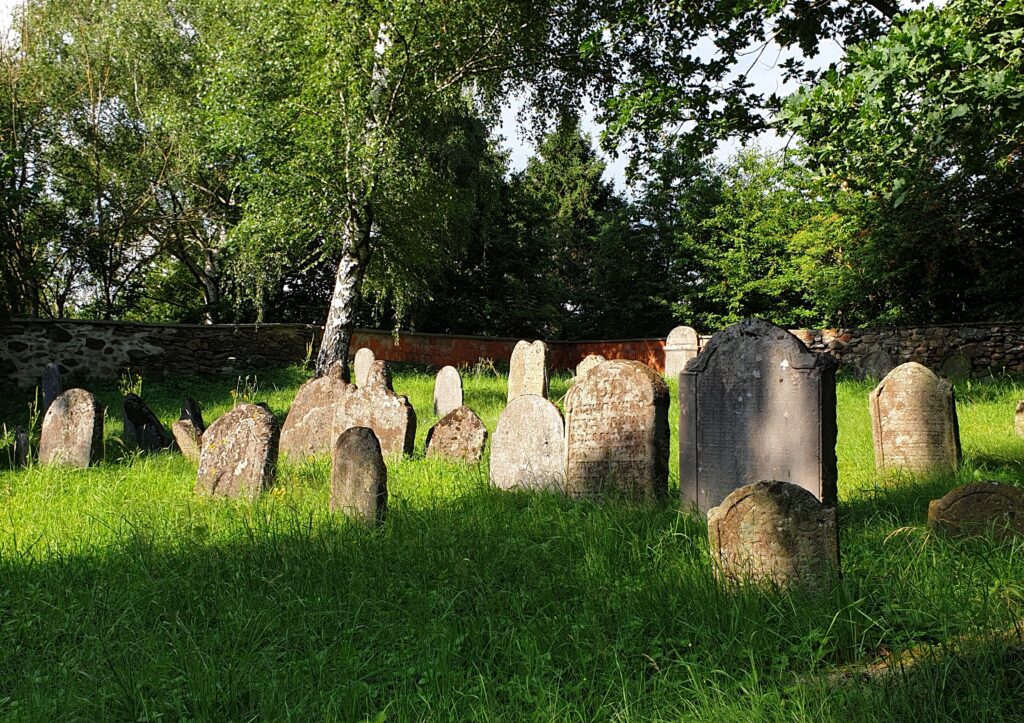
Jewish Cemeteries and Funeral Rituals Café Kaprál, Údolní 17, Brno Tuesday 14 May at 7 pm Jaroslav Achab Haidler has written a beautiful, fascinating book Jewish Cemeteries and Burials, published in 2019 by Grada. The book has been long awaited because many people knew what Achab has been intensely involved in for at least fifteen years: translating tombstones in Jewish cemeteries in Bohemia and Moravia. There are almost three hundred and fifty of these preserved cemeteries. About one hundred and fifty thousand tombstones! And we invited Ahab to speak about his passion on November 16th in the beautiful setting of Café Kapral. Achab himself calls such meetings with the audience lectures, but anyone who has ever experienced such a "lecture" knows that it is a completely original performance (Achab is, after all, an actor and a long-time director of the theatre in Ústí nad Labem), during which we learn much more than the title suggests. Moreover, Achab does not just impart information, although there is no shortage of that either: his "teaching" reaches people's hearts, as if he knew exactly where each of us has them. Rescheduled programme from November 2023.
About the places where Moravian Torah scrolls were once at home; 1942-1964-2019
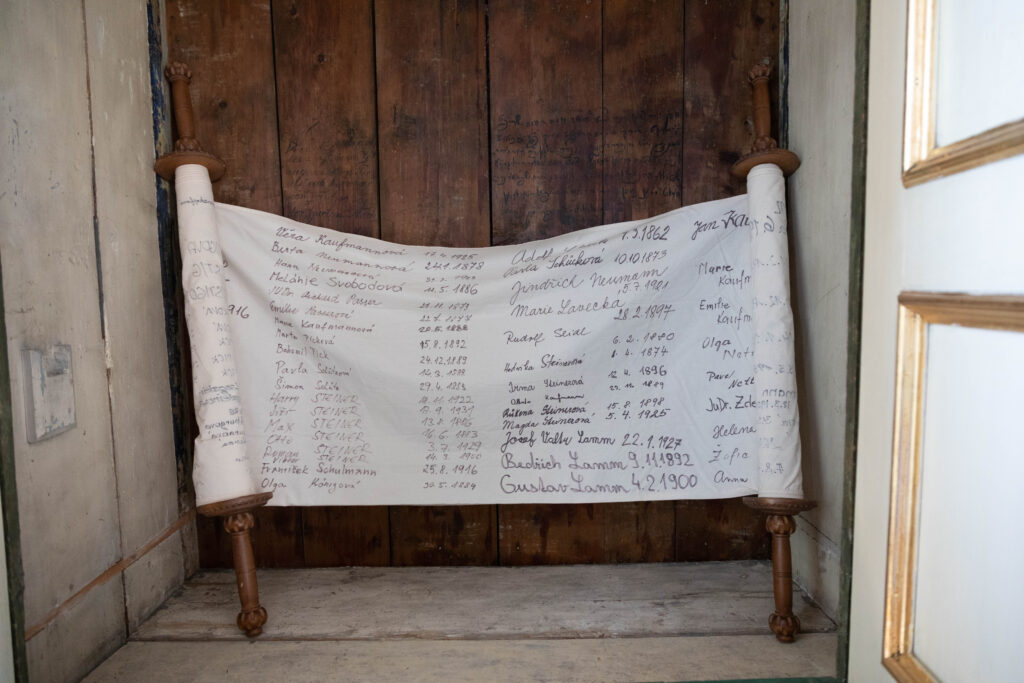
About the places where Moravian Torah scrolls were once at home; 1942-1964-2019 Malý Mehrin from May 6 at 6 p.m. opening of a new exhibition The collection of Torah scrolls from Czech and Moravian synagogues was collected in Prague in 1942. The majority of this unique collection was sold in 1964 to London, where an Endowment Fund (MST) was established to commemorate the vanished Jewish communities in pre-war Czechoslovakia. What the places where the Moravian scrolls came from look like today, and how the paradigm of Torah memorial scrolls is slowly changing, this exhibition, along with a brief historical introduction, will suggest.
Yom HaShoah - Public reading of the names of Holocaust victims

Yom ha-Shoah - Public Reading of the Names of Holocaust Victims Ivančice, side stairs of the Alfons Mucha Memorial, 4/9 Palackého nám. Monday 6 May at 2 p.m. Every year we try to find a new location and organizational partner for the main organizer of this event - the Terezín Initiative Institute, which would then continue the annual reading of the names of Holocaust victims. Last year we agreed with Náměšt' nad Oslavou, this year the Municipal Cultural Centre in Ivančice responded positively to our call. The latter, in cooperation with the local gymnasium, decided to organize this year's Yom HaShoah and we believe that it will continue this tradition.
White Places of Jewish Moravia and Silesia
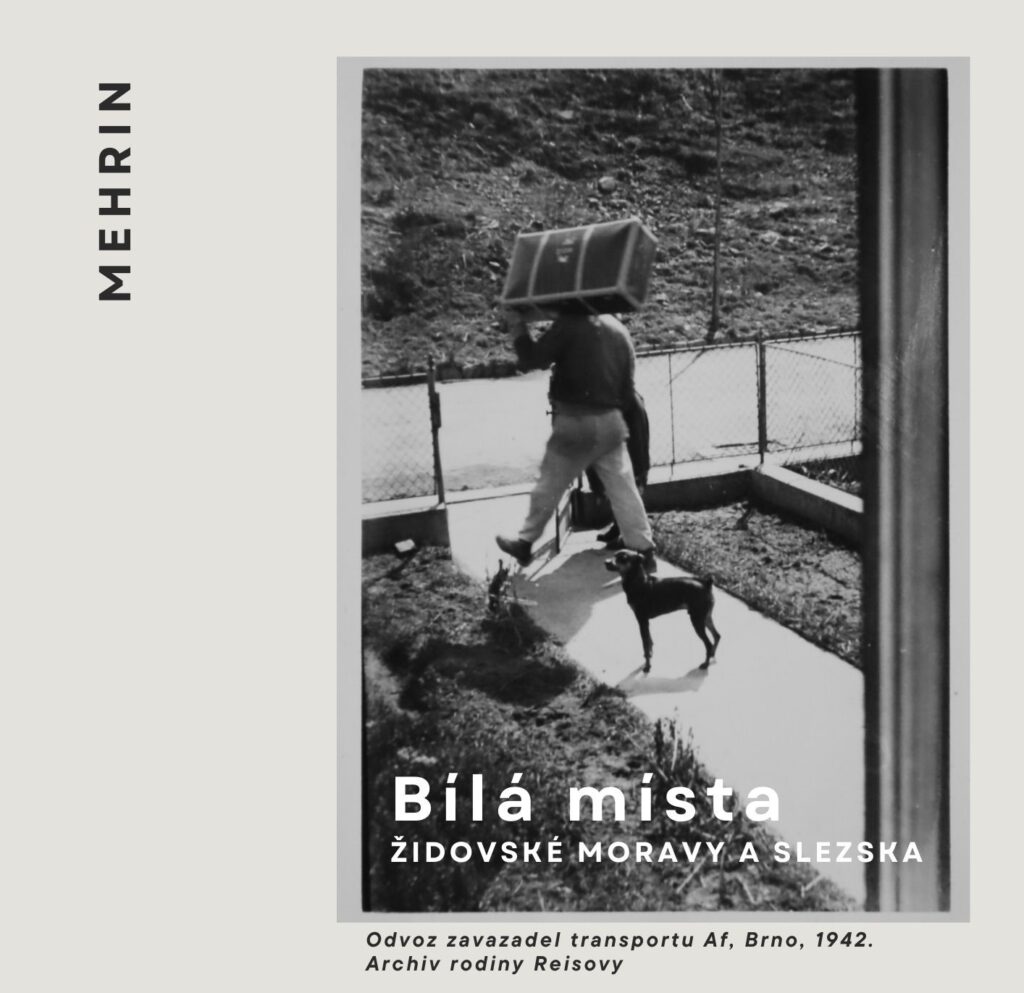
Proudloužení exhibition OUR HOUSES
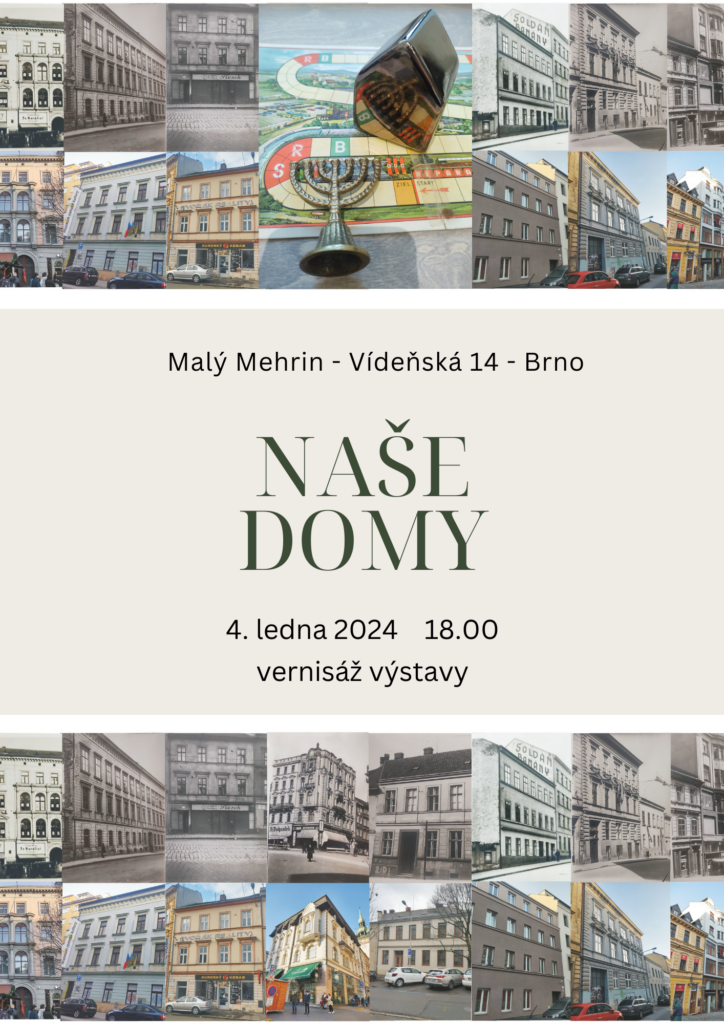
Extension of the exhibition OUR HOUSES Due to the great interest we are extending the exhibition OUR HOUSES until 28th April! The exhibition comprehensively presents the topic of the arization of immovable property by the Eviction Fund in Brno. Eight selected houses in Brno are presented in more detail. The presented set of information belongs to the wheel of the Holocaust, although our interest does not end there. Of course, the stories of the individual houses took different paths after the end of the war. And it is more than likely that they have entered your life as well. Admission is voluntary.
Fioretta
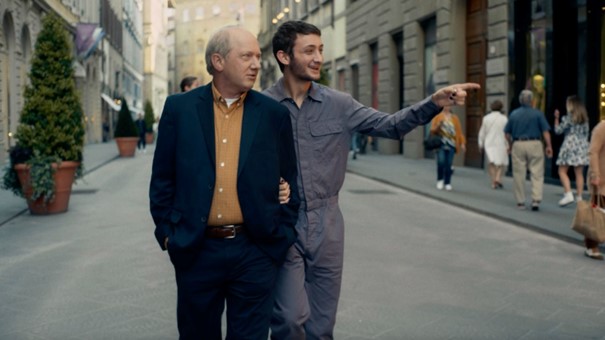
Fioretta Sunday, April 28 at 5 pm KINO ART, Brno, Cihlářská 19 Fioretta - the first and only screening of the successful film in the Czech Republic with the personal participation of the protagonist Randy Schoenberg Since its creation in 2023, the documentary Fioretta has been screened at festivals in Los Angeles, Zurich, Woodstock, Cincinnati and the ANU Museum in Tel Aviv... but it has not yet been screened in the Czech Republic, even though it is partly set here. In it, American director Matthew Mishory presents a piece of history seen through the lens of the family story of Randol "Randy" Schoenberg, who is the grandson of Austrian-American classical composer Arnold Schoenberg, but has also been obsessed with genealogy since childhood. In this cinematic travelogue, Randy and his son Joey crisscross Prague, Vienna and Venice, gradually uncovering fascinating details of his family's Jewish past. In the age of the Internet and easily accessible virtual worlds, Fioretta celebrates real experiences, including the discovery of old texts, the browsing of centuries-old burial sites, or the joy of sharing a communal plaque with newly discovered relatives. (Using text by Adam Schartoff) The film in its original version with subtitles. Admission.
Citizens of no man's land. The Invisible Refugees of 1938
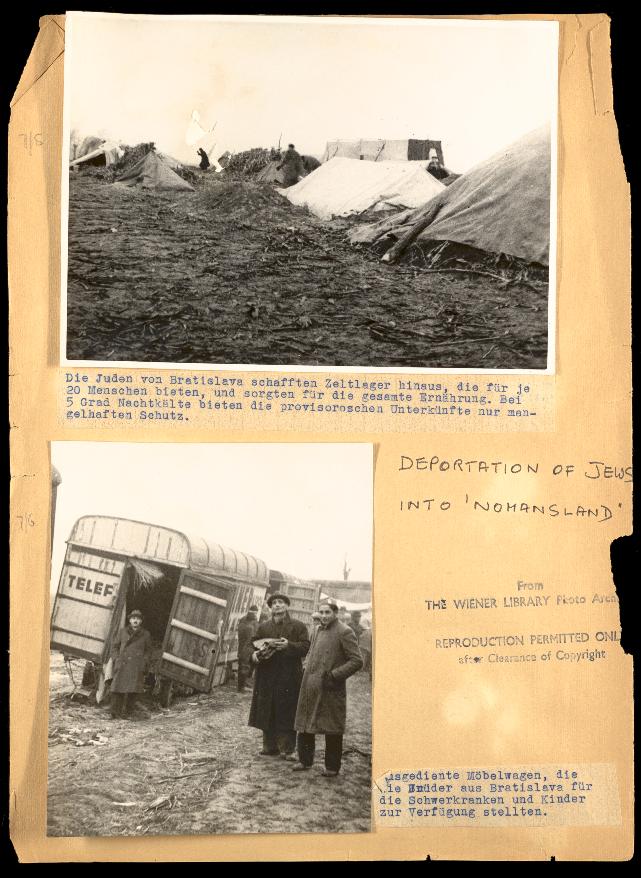
Citizens of no man's land. Invisible Refugees of 1938 Monday, April 15 at 6 p.m. What was No Man's Land, how did it come into being, and why did mainly Jewish refugees stay there? With historian Michal Frankl on people between borders, loss of citizenship in Central Eastern Europe in the late 1930s. The lecture will not only deal with the history and mapping of no-man's land, but will also use examples of refugee testimonies to explore their perceptions of exclusion from foreign countries and analyze the role that images of these spaces and people played in the media and in the public sphere. It will also look at the possibilities and challenges of aid from humanitarian organisations. Admission is voluntary. Photo source: Wiener Holocaust Library, London
For a sandwich at Hahn's
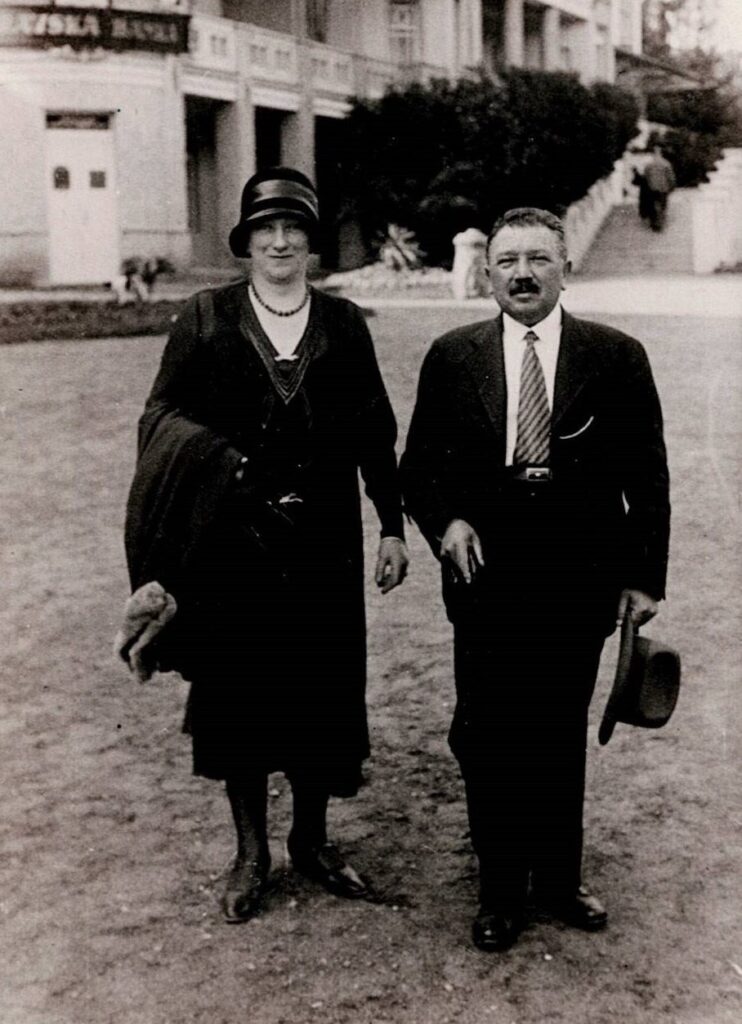
At the Hahns' Bread Thursday 4 April at 6 pm At the turn of the century, Gustav and Hermína Hahn opened a delicatessen on Kobližné Street. The business did very well, and their son and his wife later found employment there. The family moved from Kobližná Street to Grohova Street to a newly built modern house. It is one of the houses whose stories are told in the current exhibition OUR HOUSES in Malý Mehrin. Mr. Jiří Hála, the grandson of the Hahns, left us a memory of his family home when he visited the exhibition. He and his parents were deported to Terezín when he was less than five years old. That is why he says that he belongs to the one and a half generation of memorials. Holocaust survivors are referred to as the first generation, their children as the second. Mr. Jiří Hála has accepted our invitation to join us for a debate with historian Táňa Klementová in April, and you can be there. Admission is voluntary.
Genealogical research - the journey there and back again
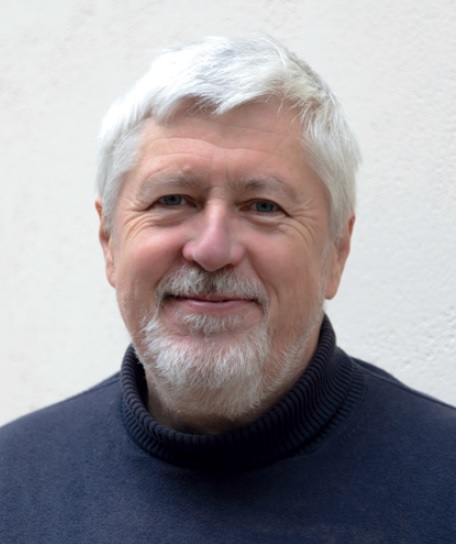
Genealogical research - a journey there and back again Monday, March 25 at 6 p.m. For many of us it is certainly exciting to know the answer to the question Who were my ancestors? Not only the unknown and nameless, but especially those closest to us who lived in specific places and with whom we share DNA and many character traits... As Wikipedia says: Genealogy (Greek: génos, Latin: genus = genus) is an auxiliary historical science that studies the relationships between human individuals resulting from their common ancestry. Julius Müller, director of the Toledot Society, a centre for Jewish genealogy in Prague, which was founded in 2001, often and gladly enters into these secrets. Toledot is Hebrew for generation. Admission is voluntary.
